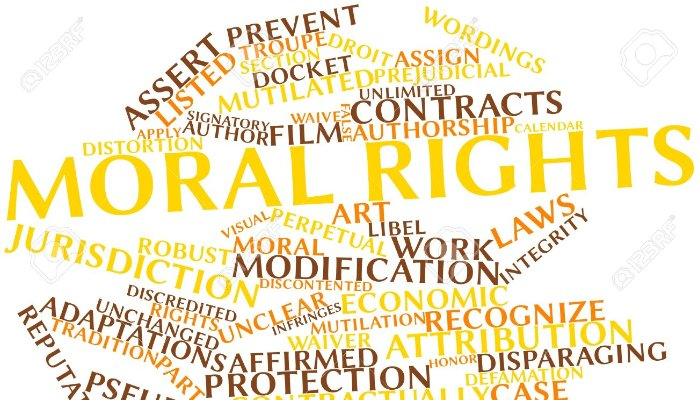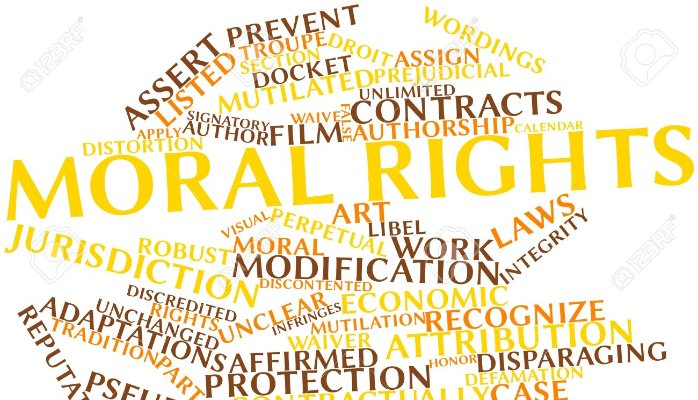Tune into to radio in the Caribbean, or the DJ segment at a fete and you’ll likely hear a mash-up of two of your favourite songs; as the lyrics and melody of one song is combined with the beat and instrumental of another. Alternatively you may hear a sped-up version of a particular song. While the result may be a widely enjoyable audio combination, the modification of the works may constitution an infringement of the moral rights of the songs’ authors/composers.
David Stopps, author of “How to Make a Living from Music”—a book presented by the World Intellectual Property Organization (WIPO)—explains that Moral rights which are covered under the Berne Convention for the Protection of Literary and Artistic Works (1886), are “essentially in two parts:
- “The right of integrity. This provides the author or performer with the right to oppose any change to their work or performance that would prejudice their reputation or the author’s honour.”
- “The right of paternity. This provides the author or performer with the right to be named or credited if their work or recording is used or played in public.”
--Stopps (n.d.)
A WIPO.int article summarizes moral rights as the “the right to claim authorship of the work and the right to object to any mutilation, deformation or other modification of, or other derogatory action in relation to, the work that would be prejudicial to the author's honour or reputation.”
Suffice it to say, mash-ups or adjustments to a song's tempo could be viewed by the song author as a modification of their work and infringement of their moral right of integrity.
Graham Reynolds (2009) offers the following insight: “It is also arguable that mashups violate the moral rights of copyright owners. Mashup artists cut, slice, and plaster lyrics onto walls of sound built from pieces of various musical works. They bring together disparate genres of music, gluing together songs that might never be played at the same bar, on the same radio station, or even in the same decade. As a result, mashup artists may be found to have infringed an artist’s moral rights,” Reynolds (2009) continues.”
In today’s technologically advanced world, with mashups a seemingly normal and accepted part of the music landscape, rights infringements can inadvertently become the order of the day, if we don’t deliberate educate ourselves on music copyright, to protect ourselves both as music users or music creators.
As a stepping stone, click visit http://www.wipo.int/treaties/en/ip/berne/summary_berne.html to gain an overall understanding of the Berne Convention for the Protection of Literary and Artistic Works and a breakdown of the rights of authors and composers.
References:
Stopps D (n.d.). “How to Make a Living from Music” Retrieved from
http://www.wipo.int/edocs/pubdocs/en/copyright/939/wipo_pub_939.pdf
Reynolds, G (2009). “A Stroke of Genius or Copyright Infringement? Mashups, Copyright, and Moral Rights in Canada.” Retrieved from
WIPO (n.d). “Summary of the Berne Convention for the Protection of Literary and Artistic Works (1886)”
Retrieved from http://www.wipo.int/treaties/en/ip/berne/summary_berne.html
Pictured sourced from: https://www.linkedin.com/pulse/different-approaches-authors-moral-rights-civil-common-roggero











